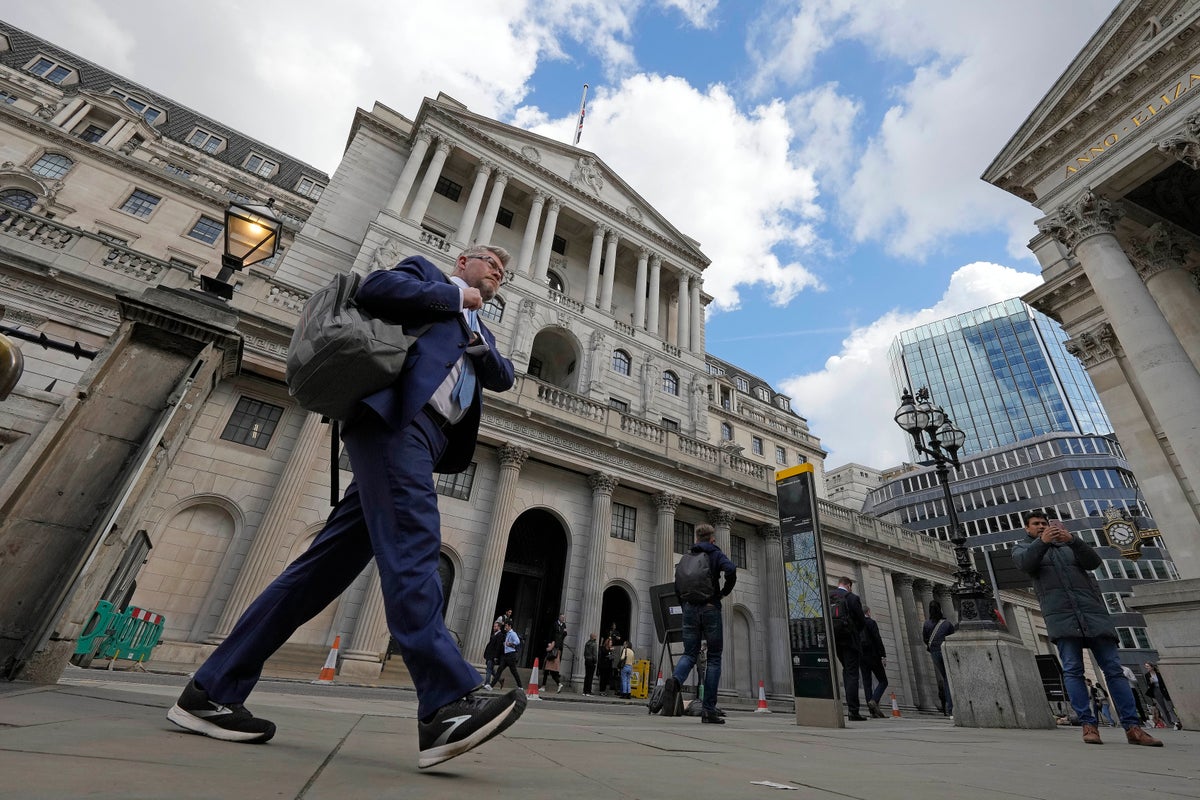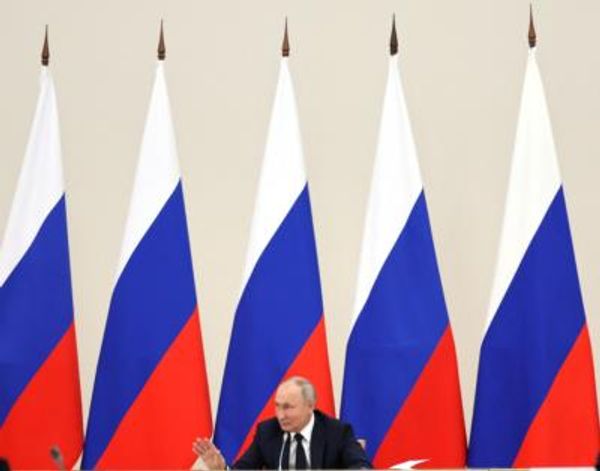
Inflation in the U.K. held steady at 6.7% in September as easing food and drink price rises were offset by higher petrol and diesel prices for motorists, official figures showed Wednesday.
The flat reading reported by the Office for National Statistics was unexpected. Most economists had predicted another fall.
It means that the U.K.'s inflation rate remains more than three times higher than the Bank of England's target rate of 2%. The bank, though, is not expected to raise interest rates at its next policy meeting, opting instead to keep its main borrowing rate unchanged at the 15-year high of 5.25%.
The flat reading will raise concerns, certainly among homeowners, that rates will stay higher for longer.
Last month, the bank brought an end to nearly two years of interest rate rises as inflation fell from multi-decade highs above 11%.
Most economists expect a sizeable decline in inflation next month.
“Progress on falling inflation has stalled, for one month at least," said James Smith, research director at the Resolution Foundation think tank. “It should fall sharply next month to below 5%, as energy prices fall for most people.”
The U.K. has the highest inflation rate among the Group of Seven leading industrial economies — and by quite a margin. Some economists attribute that to Britain's departure from the European Union, which has created worker shortages in some sectors, raising costs to business, and led to frictions in trade.







